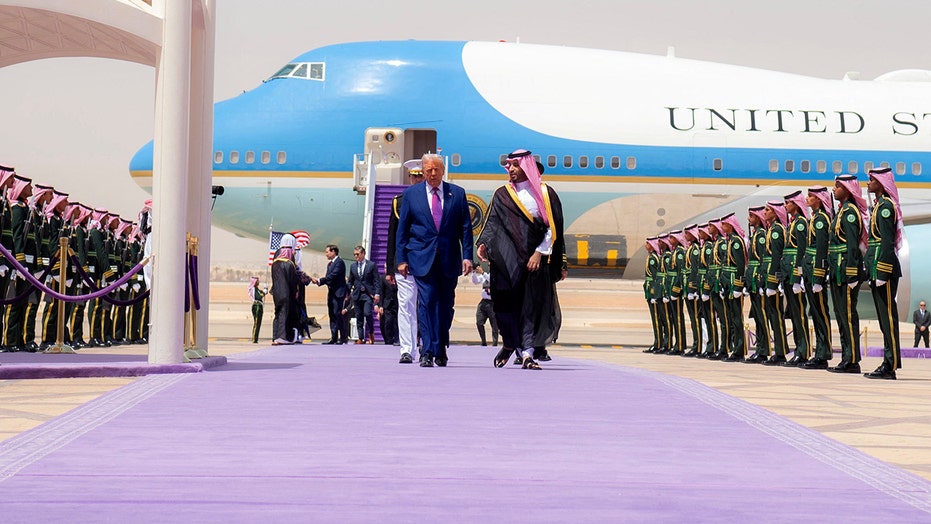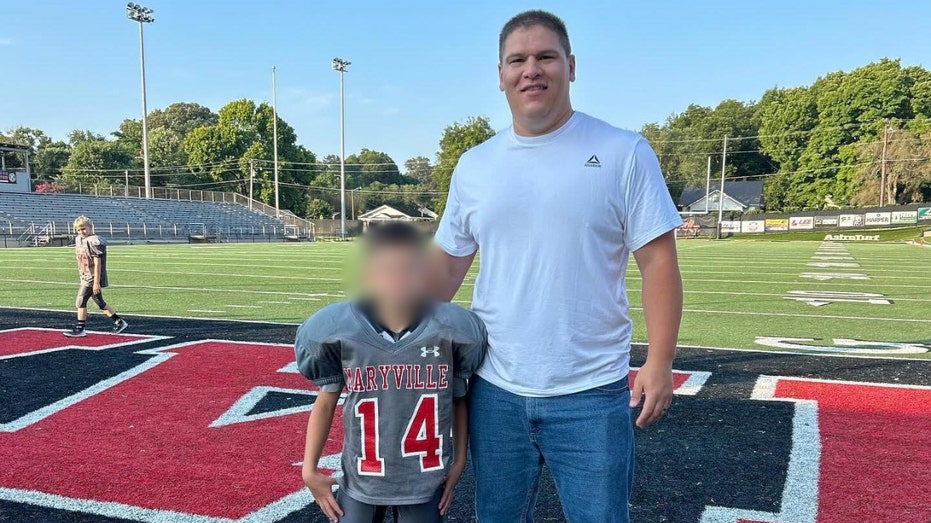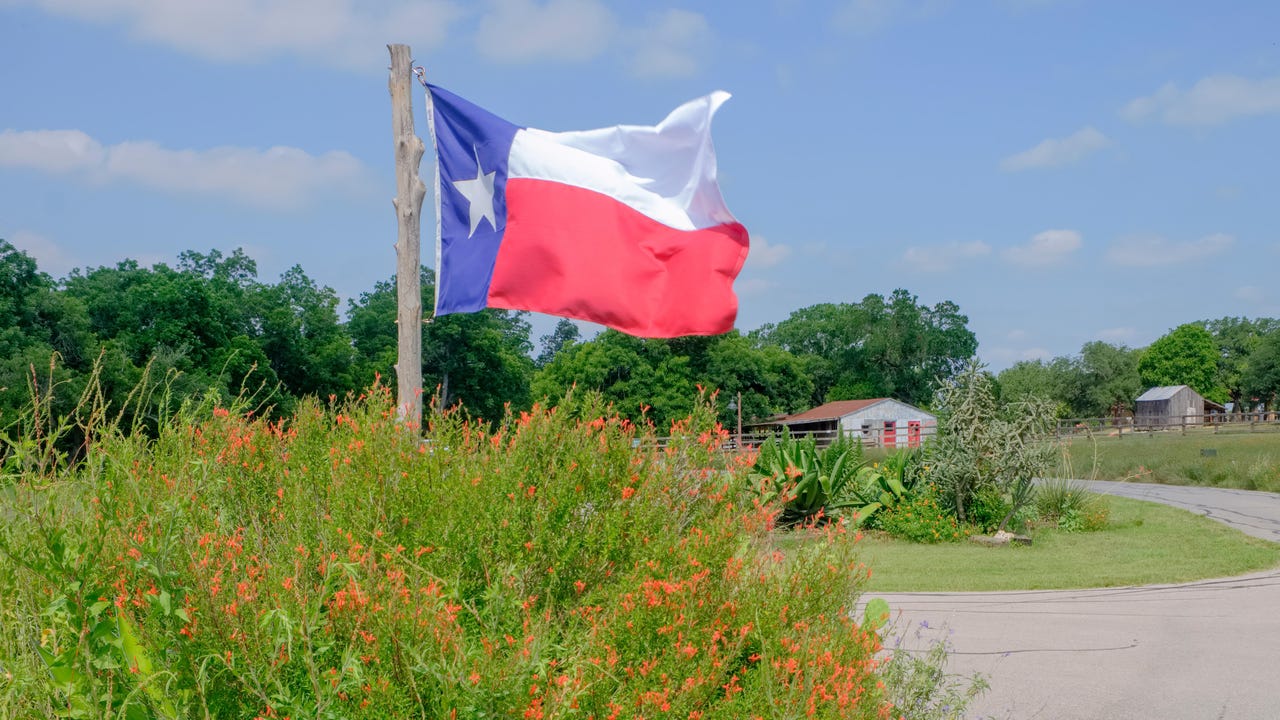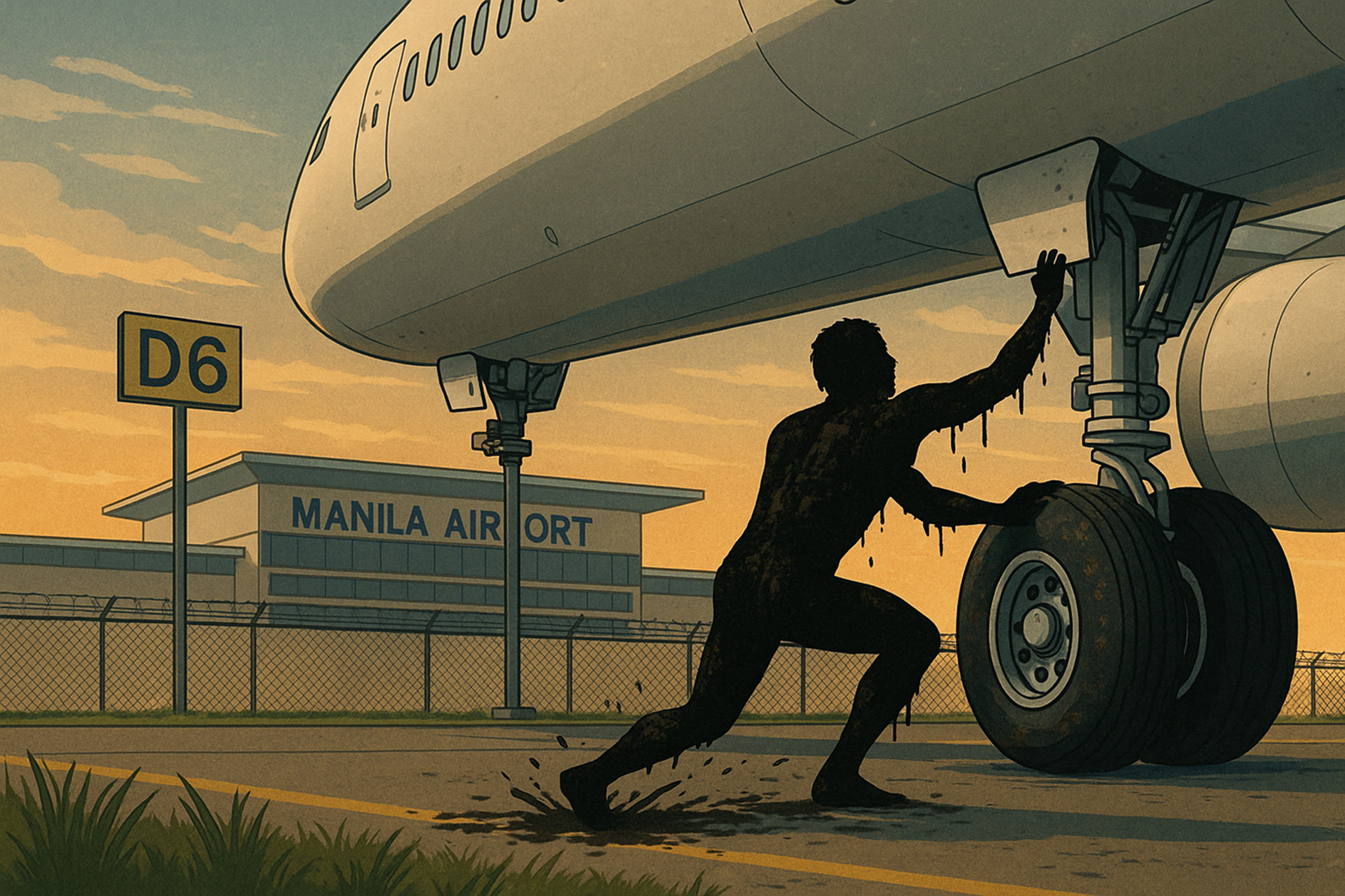Trump administration ends protections from deportation for Afghans
The Trump administration on Monday formally lifted a shield on deportation of Afghans in the U.S, arguing improving conditions in the Taliban-run country mean its U.S.-based citizens no longer merit such protections. The announcement from the Department of Homeland Security would end Temporary Protected Status (TPS) for Afghans, a protection offered by the Biden administration...

The Trump administration on Monday formally lifted a shield on deportation of Afghans in the U.S, arguing improving conditions in the Taliban-run country mean its U.S.-based citizens no longer merit such protections.
The announcement from the Department of Homeland Security would end Temporary Protected Status (TPS) for Afghans, a protection offered by the Biden administration after the U.S. withdrawal amid deteriorating conditions in the country.
TPS can be initiated when the administration concludes it’s not safe to deport someone to their country due to civil unrest or other dangerous conditions.
“This administration is returning TPS to its original temporary intent,” Homeland Security Secretary Kristi Noem said Monday in a release.
“We’ve reviewed the conditions in Afghanistan with our interagency partners, and they do not meet the requirements for a TPS designation. Afghanistan has had an improved security situation, and its stabilizing economy no longer prevent them from returning to their home country.”
The filing of the notice in the federal register said the protections will end in 60 days — the minimum timeline allowed under law.
Poor conditions in Afghanistan have only accelerated since the 2021 U.S. withdrawal.
The United Nations High Commissioner for Refugees last month condemned forced deportations to Afghanistan from neighboring countries, writing that its “escalating humanitarian crisis is being compounded by the mass return of its nationals.”
“The large-scale returns are putting even greater pressure on already stretched humanitarian resources and worsening the plight of millions struggling to survive,” the report states.
A 2023 report from the State Department noted extensive gender-based violence and a “significant deterioration in women’s rights during the year due to edicts that further restricted access to education and employment.”
It also cited a crackdown on religious minorities, LGBTQ Afghans, activists, and Taliban and ISIS-K recruitment of child soldiers.
Afghanistan is also facing widespread food insecurity.
Noem’s analysis, however, cited a boost in Chinese tourism showing “peaceful” conditions in the country, as well as improving economic conditions and reduced warfare.
While last year nearly three-quarters of the country’s 41 million people needed assistance, that number has now dropped, she said.
“Though humanitarian need remains prevalent, the number of those in need of assistance has declined to 23.7 million this year, a decrease from the more than 29 million Afghan nationals in need reported the previous year,” Noem concluded in the analysis shared in the federal register.
The Afghan-American Foundation condemned the move when plans to lift the protections were first reported last month, calling it a betrayal of those who assisted the U.S. during its 20 years in the country.
“The sacrifices Afghan allies made in service of the American mission in Afghanistan were not temporary, the protection we offer them must also be permanent. Any instance of that protection being pulled is not only a betrayal of these allies but of the 800,000 Americans who served alongside them in Afghanistan and the countless Americans who have worked to evacuate them to safety since 2021,” Joseph Azam, the chair of the group’s board, said in a statement.
“The President got elected in part on the promise that he would fix the mistakes of the Biden administration in Afghanistan, by betraying Afghans he would be repeating one of the biggest ones.”
Many of the roughly 80,000 Afghans who came to the U.S. after the fall of Kabul have adjusted their status, either securing asylum or a Special Immigrant Visa given to those who assisted U.S. military efforts. But some 14,600 are still protected under TPS.
Homeland Security was being sued for its plans to end TPS for Afghans even before Monday's announcement.
The agency said in April that Noem had ended TPS for Afghans on March 31, without disclosing the move.
It was sued last week over its plans to lift the protections, noting a federal register notice is required.
“Each designation was first made in 2022, in response to the prolonged armed conflicts, hunger, and human rights abuses afflicting both countries. Each designation was extended fewer than 18 months ago for similar reasons,” Citizens Assisting and Sheltering the Abused, also known as CASA Inc., wrote in the lawsuit.
“A TPS designation cannot be terminated in this manner,” the lawsuit said of the lack of notice.
In her statement, Noem also nodded to claims from some in the GOP that not all who entered the country during the withdrawal were affiliated with U.S. efforts in the country. However, the Special Immigrant Visa process has strict standards, shutting out those who may have assisted the U.S. military for less than three years.
“The termination furthers the national interest as DHS records indicate that there are recipients who have been under investigation for fraud and threatening our public safety and national security. Reviewing TPS designations is a key part of restoring integrity in our immigration system,” she said.
Shawn VanDiver, president and board chairman of #AfghanEvac, said the decision would “shred” U.S. credibility.
"The decision to terminate TPS for Afghanistan is not rooted in reality — it's rooted in politics. Afghanistan remains under the control of the Taliban. There is no functioning asylum system. There are still assassinations, arbitrary arrests, and ongoing human rights abuses, especially against women and ethnic minorities,” he said in a statement.
“What the administration has done today is betray people who risked their lives for America, built lives here, and believed in our promises. This policy change won’t make us safer—it will tear families apart, destabilize lives, and shred what’s left of our moral credibility.”
Updated at 12:22 p.m. EDT




















_ElenaBs_Alamy.jpg?width=1280&auto=webp&quality=80&disable=upscale#)





















![Bitten By Bed Bugs At Luxor—Rushed To Hospital, All They Did Was Waive Her Resort Fee. Now She’s Suing [Roundup]](https://viewfromthewing.com/wp-content/uploads/2025/05/luxor.jpg?#)





























